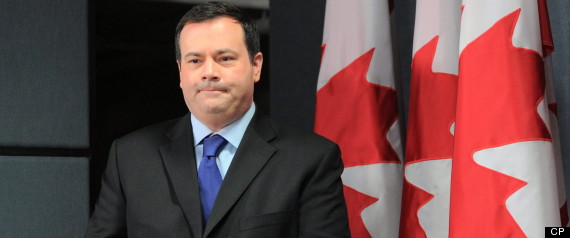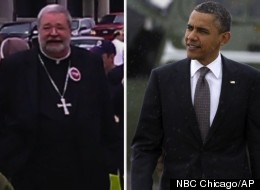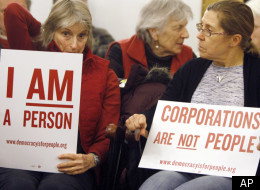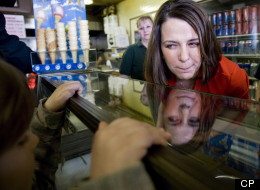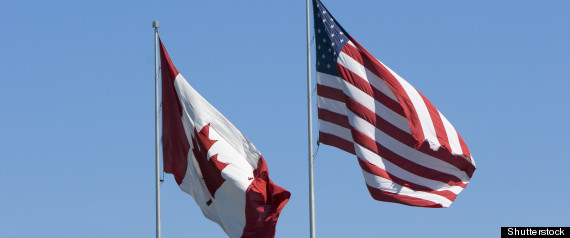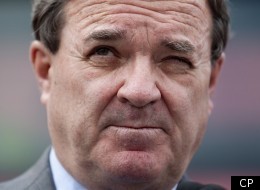If Immigration Minister Jason Kenney has his way, employers will soon play a much more active role in selecting newcomers, and those chosen will be put on a fast-track to admission to Canada.
But Kenney disputes the notion that the reforms will cede too much control to private interests.
“The reforms are not about completely handing over to employers the power of selection, but rather about increasing their role,” he told The Huffington Post Canada this week. “There will continue to be a certain criteria that people have to meet.”
In an editorial board meeting with HuffPost, Kenney detailed the Conservative government’s plan to better align Canada’s immigration system with labour market needs, and address a skills mismatch that he says has led to “a huge waste of human talent.”
“I think it’s almost immoral to invite people from the highest socioeconomic status in their countries of origin to come here to Canada and face an uncertain future [...] to get stuck in perpetual unemployment,” he said. “This makes no sense in a country with a skilled labour shortage.”
His solution: develop an Internet-based system that allows employers facing a labour crunch to select immigrants from a pool of qualified would-be Canadians.
But Kenney disputes the notion that the reforms will cede too much control to private interests.
“The reforms are not about completely handing over to employers the power of selection, but rather about increasing their role,” he told The Huffington Post Canada this week. “There will continue to be a certain criteria that people have to meet.”
In an editorial board meeting with HuffPost, Kenney detailed the Conservative government’s plan to better align Canada’s immigration system with labour market needs, and address a skills mismatch that he says has led to “a huge waste of human talent.”
“I think it’s almost immoral to invite people from the highest socioeconomic status in their countries of origin to come here to Canada and face an uncertain future [...] to get stuck in perpetual unemployment,” he said. “This makes no sense in a country with a skilled labour shortage.”
His solution: develop an Internet-based system that allows employers facing a labour crunch to select immigrants from a pool of qualified would-be Canadians.
